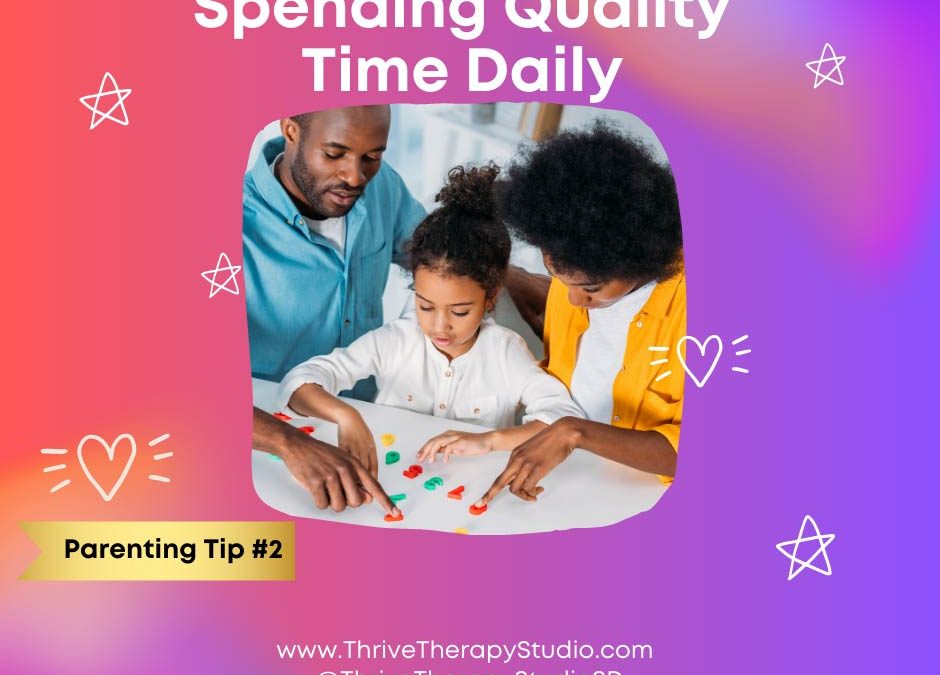
#2: Spending Quality Time Daily
In our fast-paced world and parenting culture, cultivating quality time in our families and with our children is more important than ever. While this is the most common parenting recommendation we give parents…

In our fast-paced world and parenting culture, cultivating quality time in our families and with our children is more important than ever. While this is the most common parenting recommendation we give parents…
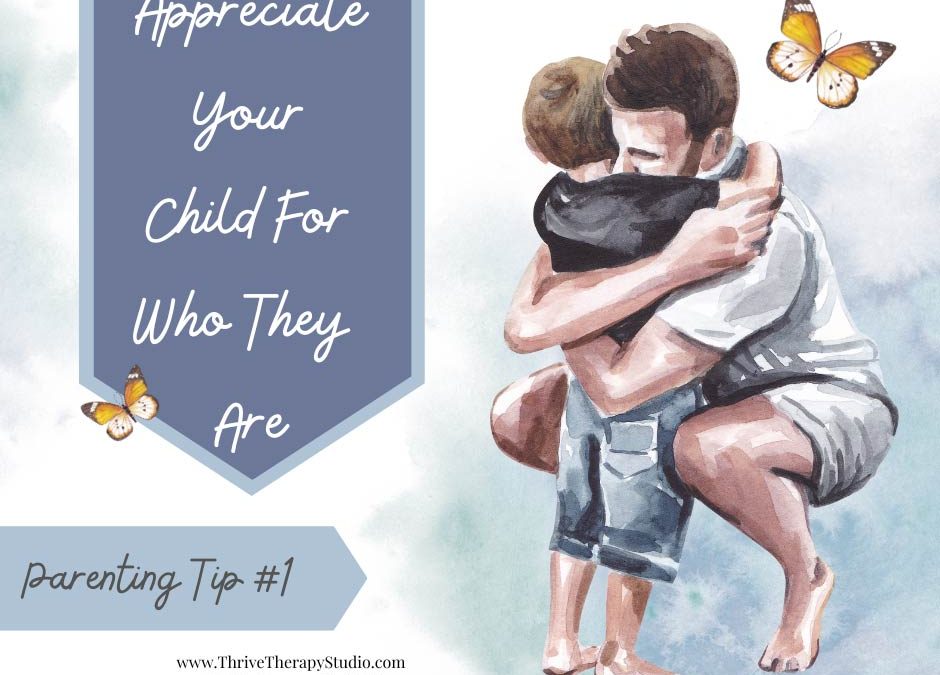
While this one may seem obvious, I can’t tell you how often parents have come into my office to share that they would like their child to be different in some way. Less bossy, less active, more active…
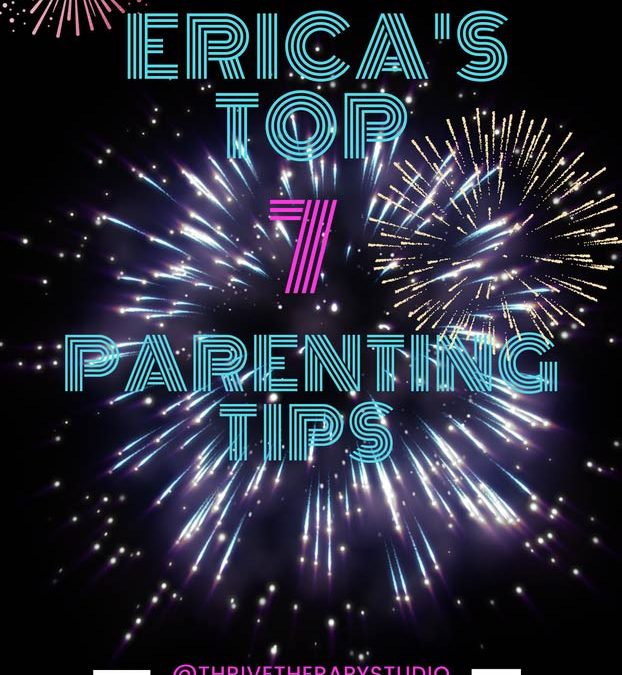
As I return to the world of writing for Thrive, I wanted to share a few of my favorite parenting tips for parents of kids of all ages. I was hoping to have these be as universally applicable as possible rather than specialized to a specific situation…

The Surprising Benefits of Embracing Challenges ~ Why a therapist takes cold showers? What you also might be wondering is, why on earth am I writing about this?
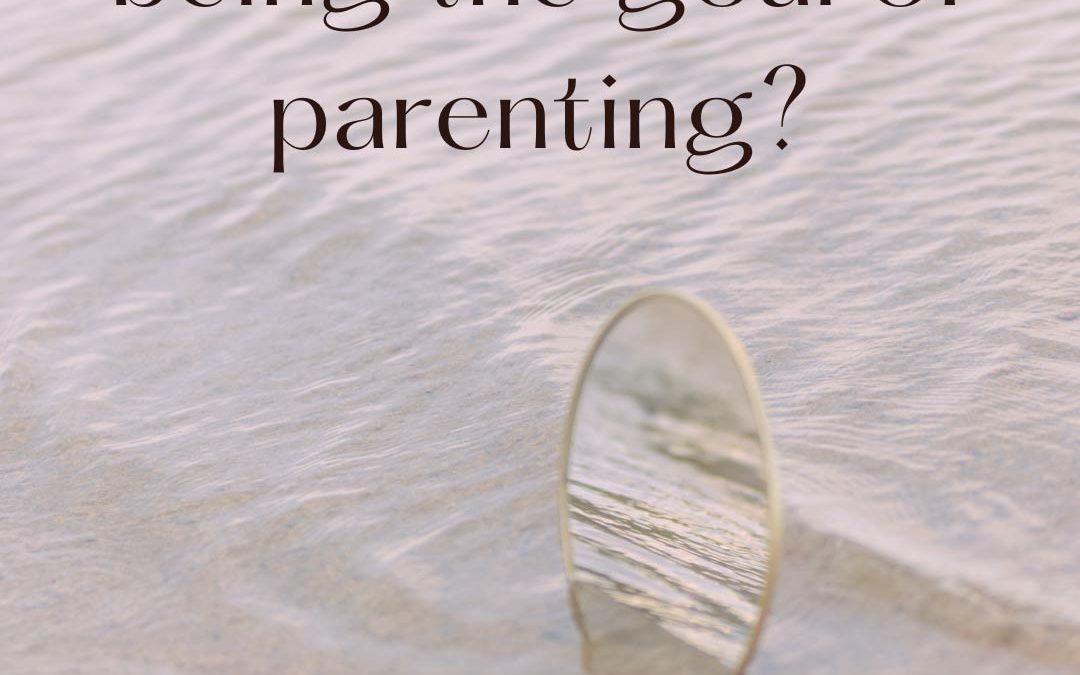
Recently, I re-shared a post on social media about how this generation is being raised without limits and that this is well, leading them to be quite entitled and also not prepared for adulthood.

I think it has been over a year since I last wrote a blog or any content for Thrive. Honestly, I typically love writing for our website and social media accounts. While a part of me has missed using this avenue…
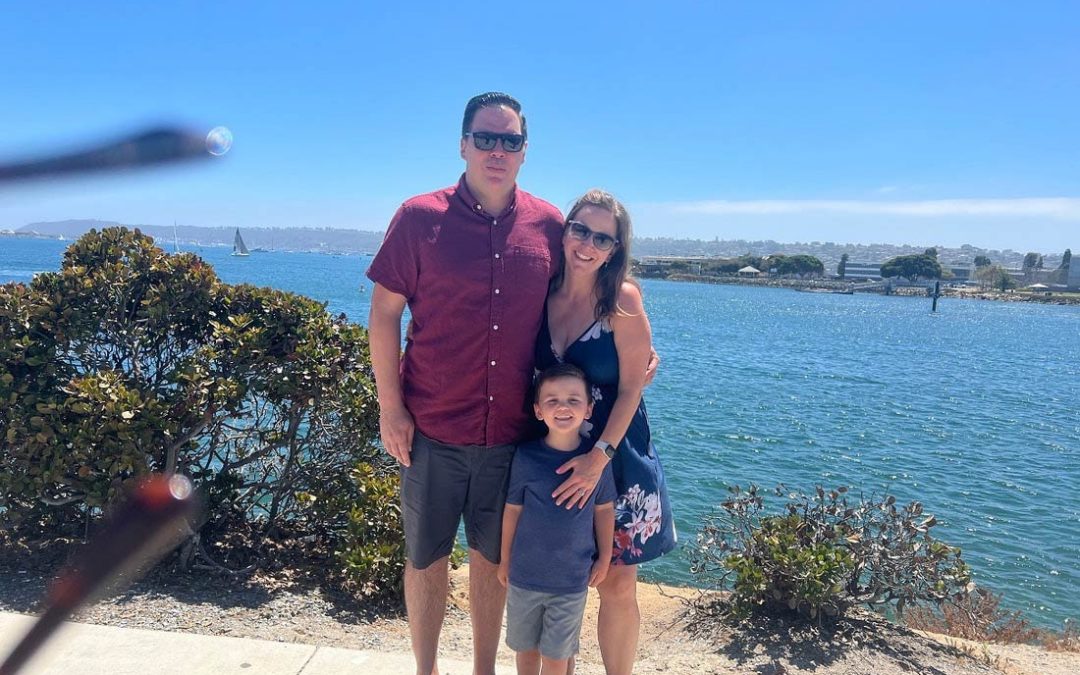
This is an excerpt from an interview between our founder, Dr. Erica Wollerman, and CanvasRebel. To read the interview in full, check it out here! Alright, Erica thanks for taking the time to share your stories…
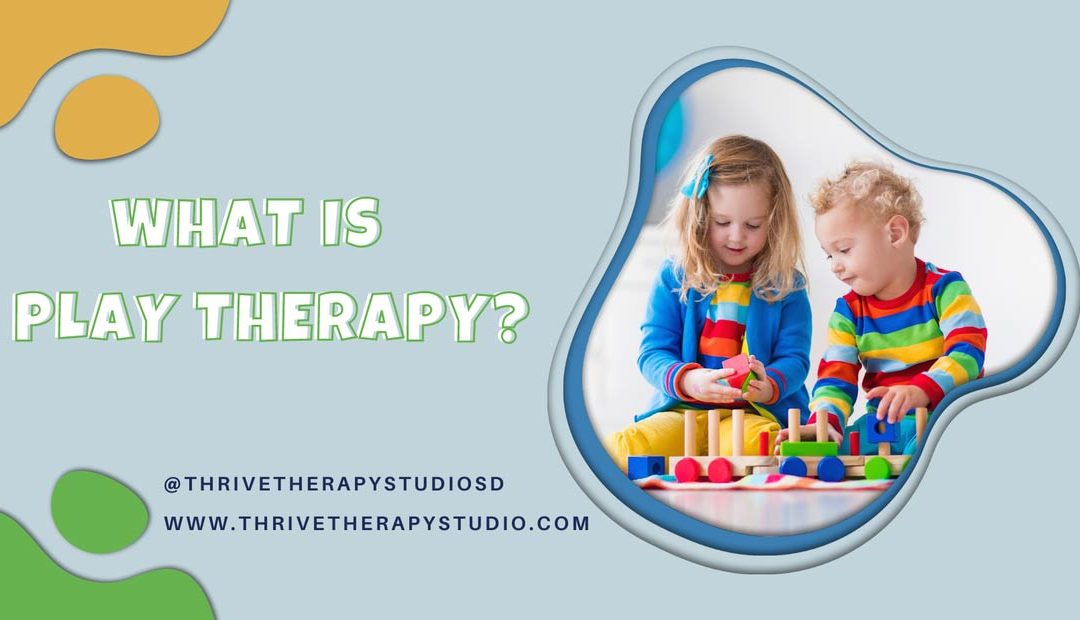
As a therapist who works with children, I have often been asked by parents what play therapy is, what its purpose of it is, and how it works. So, I hope to convey a bit about what play therapy actually looks like and the reasons why we use it!
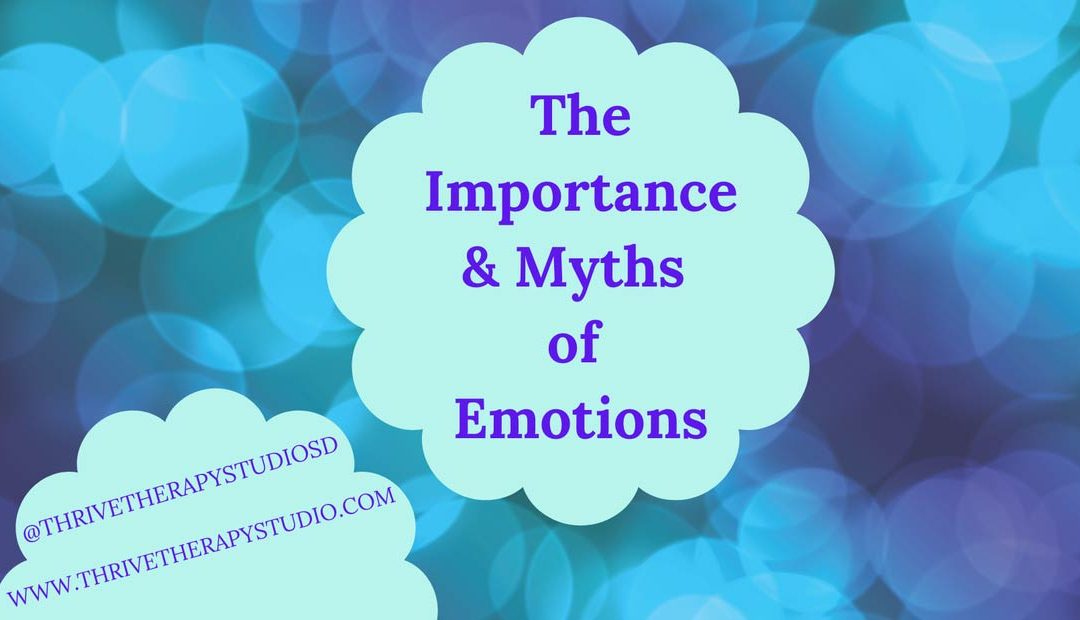
I like to think about the ways we think about emotions. Emotions are often labeled as good or bad, positive or negative. Instead of seeing emotions as this good and bad dichotomy, I like to refer to them as…
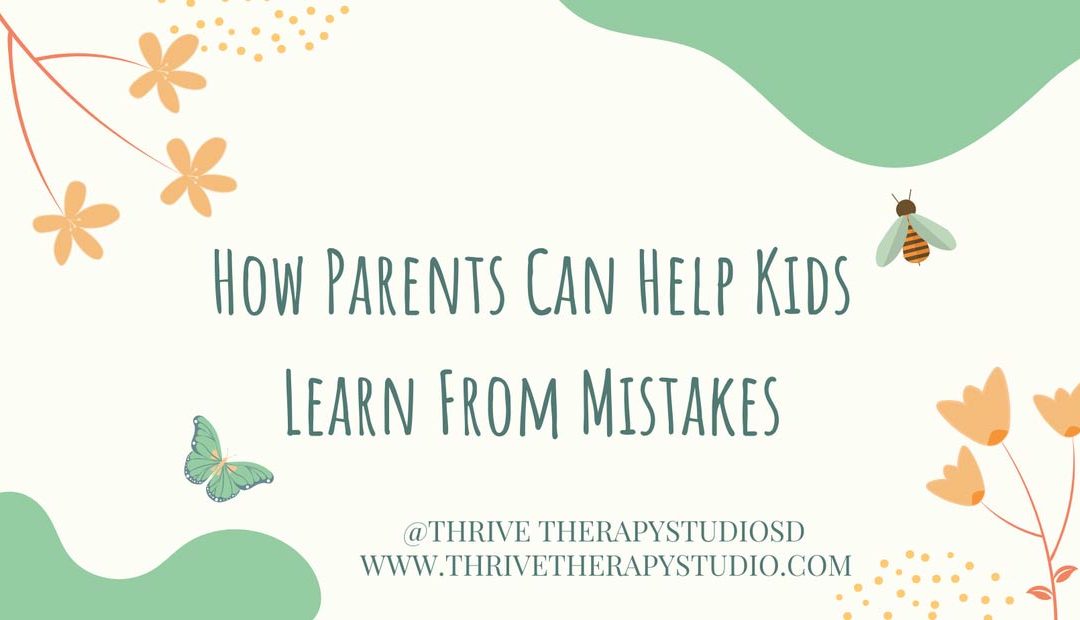
So your child made a mistake. Now what do you do? You may have seen it coming or maybe it was unexpected. Maybe their mistake will affect others. Your child might feel defeated, hopeless, frustrated, or angry.